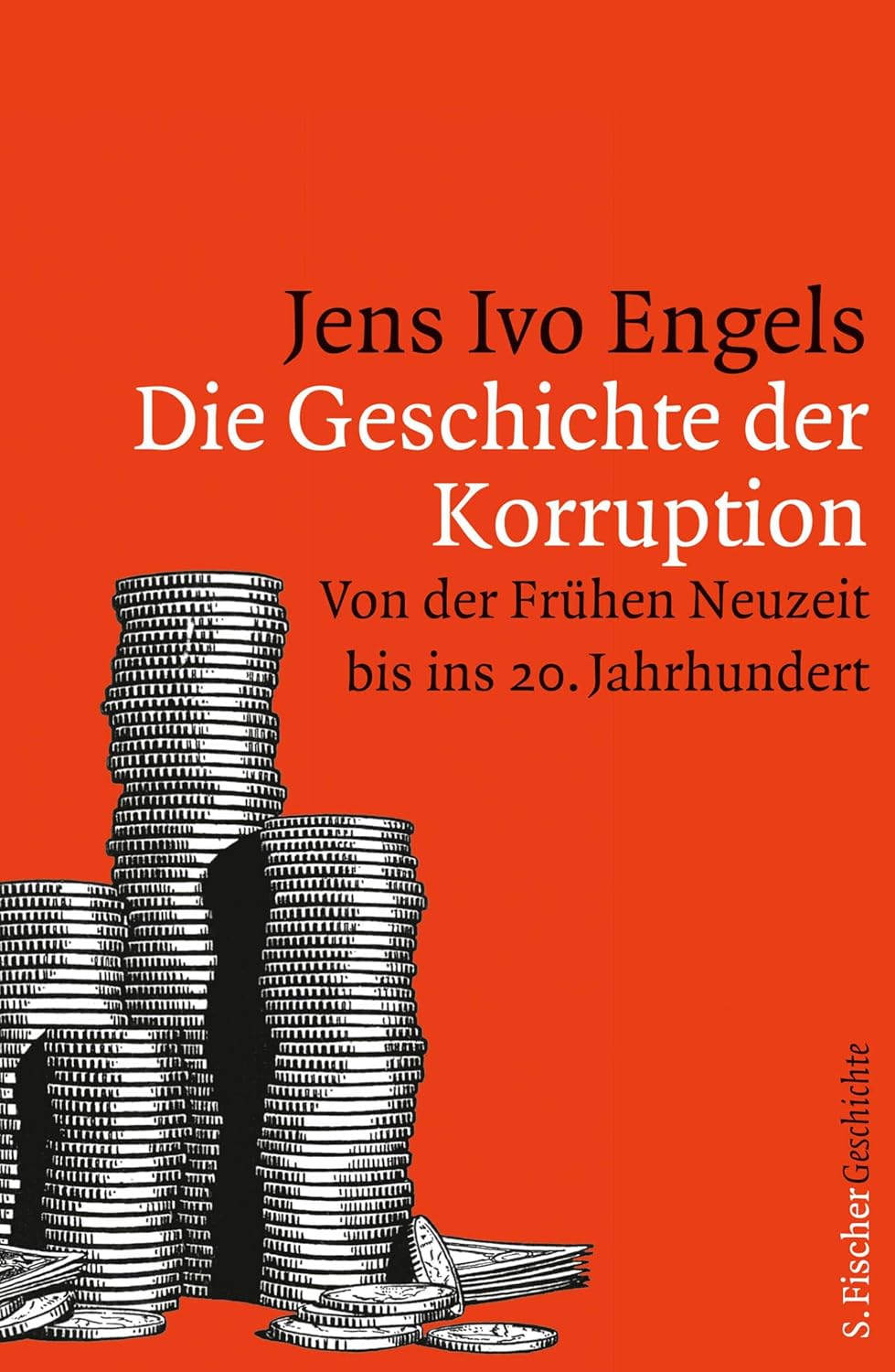Format: Kindle Edition. You can purchase it on Amazon.com
- Publisher: FISCHER, S.
- Publication date: 2014
- Language: German
- Print length: 433 pages
- ISBN-13: 978-3104031323
The Hungarian edition was published by Corvina Publishing in 2016 and can be purchased at Libri.
What Does Corruption Mean? It cannot be precisely defined. The general belief is that it belongs to pre-modern societies, a lingering affliction from the past that humanity must be cured of. In Europe, citizens are outraged when someone is caught engaging in corruption. Zero tolerance prevails—there are no degrees, no “less” or “more” corrupt. Just as one cannot be “slightly pregnant,” one cannot be “slightly corrupt.” When it emerged that Christian Wulff, as Minister-President of Lower Saxony, had accepted gifts, the triviality of those gifts was irrelevant—he became a disgraced politician.
The West’s fight against corruption is resolute and relentless. It has long transcended the boundaries of nation-states, gaining a global dimension through organizations like Transparency International. The inevitable question arises: why has this relentless struggle remained unsuccessful for decades? Some claim that it’s because human nature is acquisitive and insatiable. Others argue that “corruption is the breeding ground of social behavior,” born of the noble human inclination to help one another. In this view, those who criticize corruption are eccentric social reformers who seek to replace human relationships with mechanisms of their own design.
It is indeed true that before the French Revolution, patronage was an organic part of social life, and moderate nepotism was considered natural. Nevertheless, there existed a concept of the common good and also criticism of corruption—whenever someone violated the principle of moderation or a patron failed to fulfill their duties. There were no clear categories; what was deemed acceptable or not depended on the subjective views of those involved.
Then, during the Industrial Revolution, resources expanded significantly, and bureaucracy grew. Through industrialists and bureaucrats, courtly and ecclesiastical patronage extended to wider segments of society. It became clear that corruption undermined the systems of modernizing societies, such as social welfare institutions.
Republican thinkers of the Enlightenment thus aimed to establish clear, rational norms that placed the common good above all else. They dreamed of a corruption-free society and banished micropolitics to the era of the ancien régime. Jens Ivo Engels analyzes this process and its consequences in his new book. Engels is a professor of modern history at the Technical University of Darmstadt and editor-in-chief of the magazine Neue Politische Literatur. As a historian, he focuses only on corruption cases between the French Revolution and the Second World War.
According to him, it is not human weakness that makes the eradication of corruption impossible, but rather the very concept of corruption itself. Political communities have aligned themselves with an ideal that was unachievable even in theory. While this triggered certain reforms, it also doomed them to moral failure from the start. Ironically, it was the model of the liberal constitutional state and its power elites that became the primary targets of anti-corruption criticism, leading to self-destruction. The “scandals” disseminated by the press to the masses became the weapon of iron-fisted, law-and-order, authoritarian movements, which turned the public against the elites. Once in power, they established dictatorships in which clientelism and nepotism thrived like never before—and eventually triggered world war.
Engels argues that micropolitics should be accepted as a reality. We should not debate political morality, but rather the functionality of politics. This could help us avoid another catastrophe—though we would lose the intoxicating pleasure of passing absolute moral judgment.

